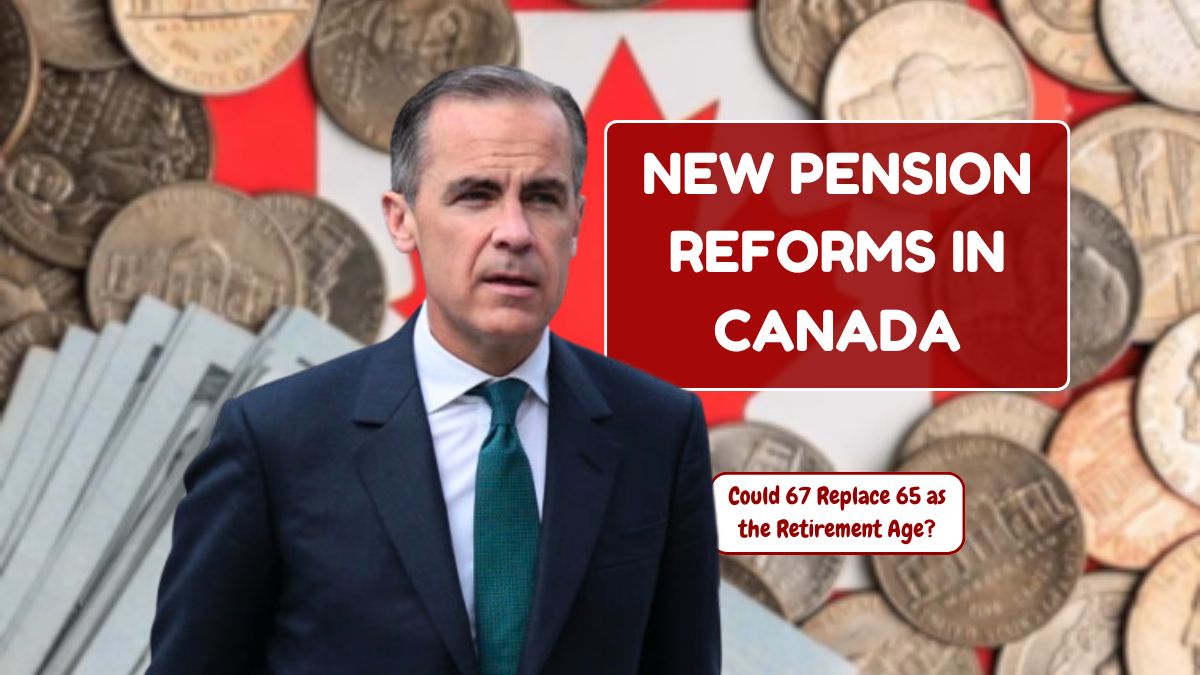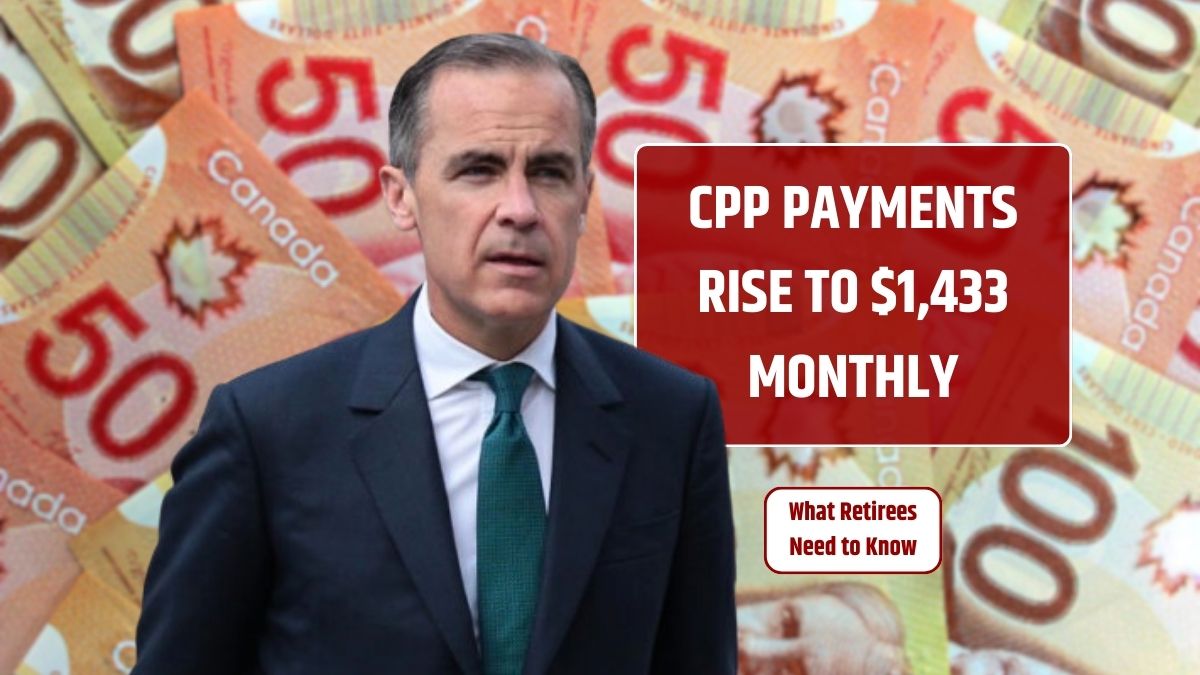As Canada steps into 2025, the discussion around changing the retirement age is gaining momentum. With a rapidly aging population, longer lifespans, and increased pressure on pension programs, policymakers are considering raising the retirement age from 65 to 67 by the year 2030.
While no law has been passed yet, several proposals are on the table that could reshape how and when Canadians retire.
Why Reform Now?
Several trends are pushing the debate forward:
- Aging population – By 2030, more than 20% of Canadians will be over 65, adding pressure on public pension funds like CPP and OAS.
- Longer life expectancy – Canadians are living longer, drawing benefits for more years and straining program sustainability.
- Rising living costs – Inflation and housing expenses are forcing some seniors to work past 65.
- Pension funding concerns – Without adjustments, long-term CPP and OAS funding could face shortfalls.
Key Pension Reform Proposals
While still under review, the Pension Withdrawal Policy Updates 2025 outline several ideas:
- Increase full retirement age from 65 to 67 by 2030
- Allow partial pension withdrawals from age 60 for phased or part-time retirement
- Raise CPP contributions for high-income earners
- Boost pension bonuses for delaying retirement past 65
- Expand tax credits for seniors who work after retirement age
| Policy Proposal | Current Status | Proposed Change | Affected Group |
|---|---|---|---|
| Retirement Age | 65 | Increase to 67 by 2030 | Workers under 60 |
| Partial Pension Withdrawal | From age 60 | Add more flexible work options | Early retirees |
| CPP for High-Income Earners | Flat-rate contributions | Tiered increases | Top income brackets |
| Pension Deferral Bonuses | Optional | Higher bonus rates | Workers over 65 |
| Tax Credits for Working Seniors | Limited | Expanded eligibility | Seniors working past 65 |
Public Reaction
Urban vs. rural divide – White-collar workers in cities tend to support the change, citing longer careers and higher earnings potential. Blue-collar and rural workers often oppose it, pointing to physically demanding jobs that make extended work years impractical.
Senior advocacy groups – Groups like CARP stress that reforms must protect low-income seniors and those with health challenges.
Where Things Stand in Parliament
Currently, no legislation has been passed. Committees are reviewing the proposals, and a bill could be introduced before the end of 2025 if there’s enough political and public support.
Who Would Be Affected?
- Ages 60–64 – May see delays in full pension eligibility, but could use partial withdrawals to ease the transition
- Current retirees – Likely unaffected by age changes, though other benefit rules may shift
- Under 40 – Could face higher contributions and a later retirement age before receiving full benefits
Preparing for Possible Changes
Regardless of when or how reforms happen, Canadians can start preparing now:
- Follow updates from CRA and Service Canada
- Increase personal savings through RRSPs and TFSAs
- Plan for a longer retirement lifespan — many may live into their 90s
- Consult a financial advisor to adjust plans for policy changes
The idea of raising the retirement age to 67 marks a potential shift toward longer careers and increased pension contributions. Even if changes take years to finalize, adapting your savings and retirement strategy early can help ensure stability in the years ahead.
FAQs
Is the retirement age in Canada changing to 67?
It is being discussed but not yet passed into law.
When could the new retirement age take effect?
The target being discussed is 2030.
Will current retirees be affected?
Most current retirees will not be impacted.
Can I still take CPP at 60?
Yes, but with reduced benefits.
Why raise the retirement age?
To address longer lifespans and pension funding pressures.























